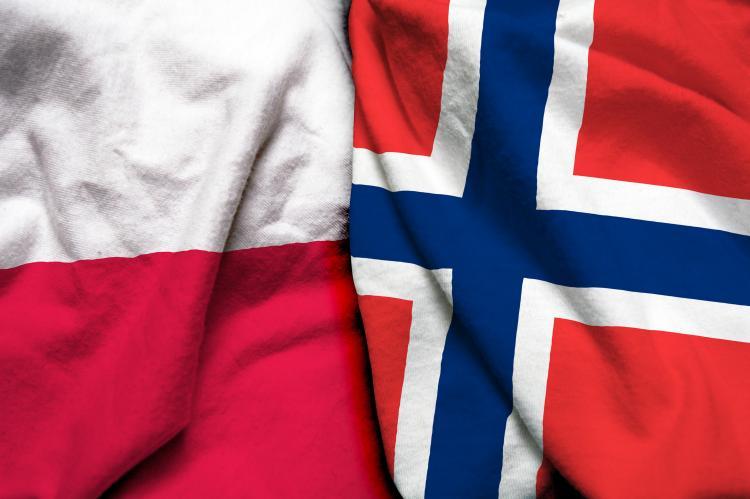Construction on Baltic Gas Pipeline to Start

Polish President Andrzej Duda heralded the beginning of a 900-km major gas pipeline from Norwegian waters of the North Sea of Norway, through Denmark, to landfall at Niechorze-Pogorzelica in Poland. Duda proclaimed the Baltic Pipeline would be a "milestone" in giving Poland independence from Russian gas.
Baltic Pipeline will consist of five key segments: North Sea Offshore, Onshore Denmark, Compressor Station Denmark, Baltic Sea Offshore and Onshore Poland. It will become operational in October 2022 and its capacity will be 10 bcm of gas per year. The project involves two offshore pipeline segments with a combined length of 385km in the North Sea and Baltic Sea, two onshore pipeline segments of up to 570km length in Denmark and Poland, and a compressor station at Zealand in Denmark. Duda said Poland will also be able to offer gas to other countries in central and eastern Europe, and especially to the Ukraine, reducing its dependence on Russian gas.
Poland has been gradually reducing its heavy dependence on Russian gas, inherited from the communist era. One of the elements is a new liquefied gas terminal in Swinoujscie that receives imports from the U.S. and Qatar, among others.
The move comes despite a crash in the price of oil and gas in recent weeks that has cut energy producers' revenues and led to cuts in production around the world. Italian engineering company Saipem announced earlier this week that it will lay part of the pipeline that will lie on the floor of the North and Baltic seas. Saipem said the contract is worth some 280 million euros ($307 million).
The Baltic natural gas pipeline project is being co-financed by the European Union under two initiatives named Connecting Europe Facility (CEF) instrument and the Trans-European Networks for Energy Program (TEN-E). The EU provided €3.19m ($4.42m) to GAZ-System for the preparatory works related to the Baltic Pipe project as part of the TEN-E program in 2009. It also provided a subsidy of €0.4m ($0.45m) under CEF, which was utilized by GAZ-System and Energinet for the feasibility study of the Baltic pipeline project, in 2015.
In January 2018, the European Commission signed a co-financing agreement with GAZ-System and Energinet for €33.1m ($24.3m) under the CEF mechanism.

